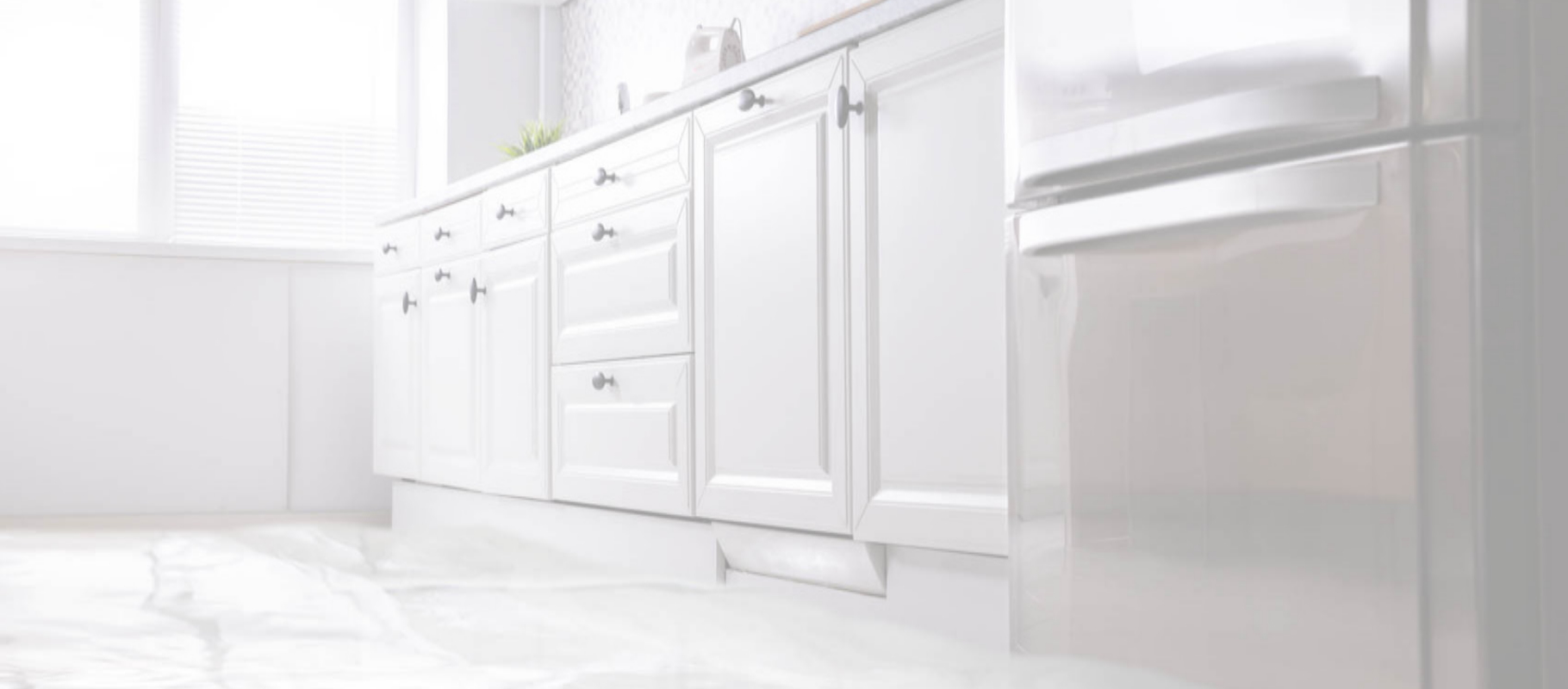24/7
Emergency Services
We Work Directly
With Your Insurance Company
We Help
Save You Money
Specialized Home Inspections Part Two

As we discussed in part one , when purchasing a home, a standard home inspection is typically done before closing on the purchase. While a standard home inspection is done by a professional inspector, they typically look at areas of the home that are only readily accessible.
Once this inspection is done, depending on the findings, the inspector may recommend further inspection by a specialist in various areas like electric, HVAC, or roofing.
But those aren’t all of the specialized inspections available. Let’s continue our look into the other types of home inspections offered.
- Lead-based Paint Inspection
While the use of lead-based paint was banned in 1978, older homes may still contain it. Lead is a naturally occurring but toxic metal that can pose a risk to the human body. These risks include damage to muscle movements, blood cell production, calcium absorption, and in high levels, kidney and brain damage.
In an inspection checking for lead-based paint, the inspector will visually check for chipped or peeling paint around the home. Samples from each room will be collected, evaluated and tested for traces of lead.
When you need this inspection: If you are planning to purchase a home built before 1978, a lead-based paint inspection is needed.
- Termite, Rodent, or Pest Inspection
While we don’t like to think about sharing our home with any of these critters, the truth is that it happens. During a pest inspection, the inspector will look at the exterior and interior of your home for signs of damage, infestation, or areas that are attractive to pests.
This includes looking for mud tubes, damaged wood, moist wood, gnawed wiring, droppings from rodents, etc.
When you need this inspection: This inspection depends on the area where you live. Some areas actually require a pest inspection before closing on a home.
- Radon Inspection
According to the EPA, 1 in every 15 homes in the USA has high radon levels. Radon can increase the risk of lung cancer, and when the radon level in your home reaches 4 pCi/L, it’s time to be concerned.
A radon inspection happens in two different ways.
- Two short term tests that last two or three days each
- One long term test that lasts 90 days
Radon levels fluctuate based on the ground shifting and other factors. A test must be done within two years in order to be valid, especially if the home has been renovated.
When you need this inspection: If your home has a basement or a crawl space, a radon test is recommended.
- Asbestos Inspection
Roofing, tiles, paint, and building materials from before 1980 were made with asbestos. Since then, researchers have discovered that exposure to asbestos may cause major health issues. Asbestos only poses a health threat when it’s disturbed and fibers are released into the air, which happens with a home renovation project.
During an asbestos inspection, a home inspector will mark it as “asbestos-like” material since asbestos can only be identified positively under a microscope. It’s best to work with professionals during this test since working with asbestos can be highly dangerous.
When you need this inspection: Asbestos infestation is required to be disclosed if a seller is aware of it. If the home you’re purchasing is built before 1980, talk to your real estate agent if asbestos testing is necessary.
- Mold Inspection
Mold can cause many different health concerns if left unattended. Allergic reactions, respiratory issues, etc. A mold inspection involves visual assessments, air sampling, and surface sampling to determine if mold is present. The inspection will also determine the type of mold. Some inspectors may also use thermal imaging to find cold and damp spots behind walls. They’ll provide recommendations on how to remove it.
When you need this inspection: A home inspector will pick up on a mold problem and recommend a professional be called in. The telltale signs of mold problems include stains or growth on furniture, walls, ceilings, standing water, and musty odors.
While there are other specialized home inspections that can be done on various areas of your home, these cover the basics and will help save you costly repairs down the road if you purchase a home without knowing about these problems to begin with.
At Riverside Restoration Inc., we specialize in restoring homes that have suffered from water damage , fire or smoke damage , or mold restoration . Call us today for more information on how we can help you repair these issues if your home inspection revealed any of these problems, and we will gladly assist with a free consultation.
Need Help with Restoration & Remediation?
Contact Riverside Restoration

